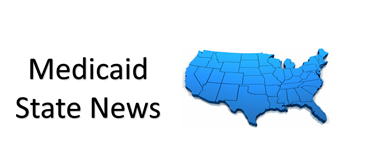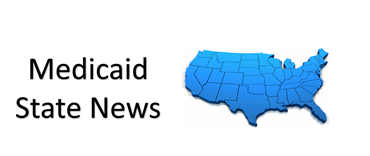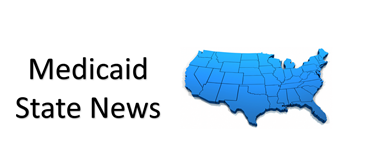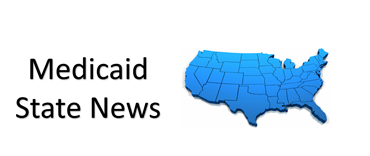MM Curator summary
SC is another state that will be denied the opportunity to test their CMS-approved work requirements.
The article below has been highlighted and summarized by our research team. It is provided here for member convenience as part of our Curator service.
File/Lauren Petracca/Staff
A program approved by the Trump administration requiring South Carolina adults with Medicaid to prove that they work or participate in various community engagement activities will likely be eliminated under the new Biden administration before it even gets off the ground.
“Healthy Connections Works” was approved by the federal Centers for Medicare & Medicaid Services in 2019, but has not been implemented to date, according to the federal government. It would have eventually required adults with Medicaid coverage in South Carolina to prove that they spend at least 80 hours a month working or engaging in other productive pursuits outside the home, such as education, job skills training or community service.
In a letter to the South Carolina Medicaid agency dated Feb. 12, the Centers for Medicare & Medicaid Services laid out several reasons why the program was “infeasible.”
“CMS has serious concerns about testing policies that create a risk of substantial loss of health care coverage in the near term. The COVID-19 pandemic has had a significant impact on the health of Medicaid beneficiaries,” wrote CMS Acting Administrator Elizabeth Richter. “Taking into account the totality of circumstances, CMS has preliminarily determined that allowing work and other community engagement requirements to take effect in South Carolina would not promote the objectives of the Medicaid program.”
The state will have 30 days to submit information in favor of sustaining the work requirements.
In the lead-up to its approval three years ago, Gov. Henry McMaster championed the plan, citing that jobs yield healthier lifestyles, financial independence and opportunity.
“Whenever possible, we should always endeavor to help South Carolinians in need find their path to gainful employment and away from the temporary assistance of government,” McMaster said in 2018.
Understand SC: Weekly Post and Courier Podcast
McMaster’s office did not immediately respond to questions about the federal decision on Saturday.
Sign up for our new health newsletter
The best of health, hospital and science coverage in South Carolina, delivered to your inbox weekly.
Email
Ten states, including South Carolina, approved Medicaid work requirements under the Trump administration, but Arkansas was the only state to fully implement the rules, according to Politico.
Critics meanwhile argued the plan didn’t take into account a lack of available jobs, child care or transportation.
Sue Berkowitz, executive director of the Appleseed Legal Justice Center in Columbia, has protested the Medicaid work requirements since they were first proposed. If the rules had been implemented, she said her group would have challenged them in court.
“The premise that work makes people healthy was just ludicrous. No. When people are healthy, they are able to work,” Berkowitz said. “Needless to say McMaster’s office and our office have differing opinions on this. He was clearly following the lead of Trump … without doing the work of determining if this was really in the best interest of South Carolina.”
At one point, the state Medicaid agency anticipated 180,000 adult Medicaid beneficiaries in South Carolina would be subject to the work rules, but that most of them already satisfied the requirements or would qualify for an exemption. Former S.C. Medicaid Director Joshua Baker estimated fewer than 10,000 adults with Medicaid coverage would need to look for work or risk losing their health insurance.
Those estimates are likely low now considering the growth in Medicaid enrollment during the pandemic. Medicaid eligibility rules vary widely from state to state, and in South Carolina, existing rules make it difficult for adults without children to qualify for coverage, no matter their poverty level. Still, adult enrollment in the program has grown substantially during the COVID-19 pandemic.
In December, more than 1.3 million South Carolinians were enrolled in Medicaid, representing a jump of about 90,000 beneficiaries since last March. About half of all Medicaid enrollees in this state are children, but largest gains in enrollment growth were observed among adults this past year.










